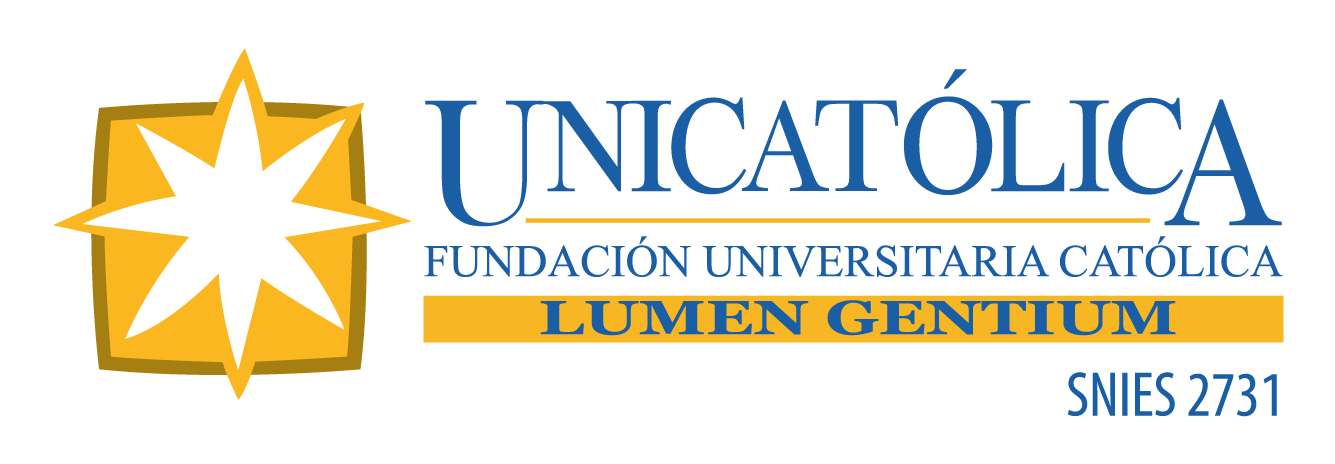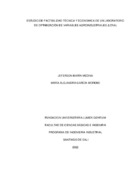Estudio de factibilidad técnica y económica de un laboratorio de optimización de variables agroindustriales (LOVA)
Resumen
A través de los tiempos, se han usado diferentes tipos de técnicas agrícolas, para así aprovechar al máximo los recursos naturales empleados para obtener una mayor productividad. Una de las técnicas que se han usado desde el año 600 a. e. c. es la hidroponía, definiéndose como aquella que consiste en un conjunto de técnicas que permiten el cultivo de plantas en medios libres de suelo, esta técnica emplea espacios no convencionales para la cosecha. En este trabajo se realizó un estudio de factibilidad para UNICATÓLICA para el desarrollo de un laboratorio de uso académico basado en estas tecnologías con el fin de complementar la formación de los estudiantes de ingeniería industrial y tecnologías afines. El laboratorio estaría enfocado en brindar formación en optimización de variables agrícolas empleadas un cultivo hidropónico cubierto de un diseño estructural que limite el impacto del medio ambiente sobre la siembra y a la vez armonice con el entorno institucional. Para este estudio se empleó una metodología por fases en las cuales se fueron determinando los objetivos en el trabajo. El resultado obtenido es que es factible para la institución la implementación evaluándose no solo lo económico y lo técnico sino la pertinencia formativa e ideológica que el proyecto implica, ya que el factor ecológico es resaltable en este trabajo.
Abstract
Through the ages, different types of agricultural techniques have been used, in order to make the most of the natural resources used to obtain greater productivity. One of the techniques that have been used since 600 before the common era is hydroponics, defined as one that consists of a set of techniques that allow the cultivation of plants in soil-free media, this technique uses unconventional spaces for harvesting. In this work, a feasibility study was carried out for UNICATÓLICA for the development of a laboratory for academic use based on these technologies in order to complement the training of students of industrial engineering and related technologies. The laboratory would be focused on providing training in optimization of agricultural variables used in hydroponic cultivation covered by a structural design that limits the impact of the environment on planting and at the same time harmonizes with the institutional environment. For this study, a phased methodology was used in which the objectives were determined in the work. The result obtained is that the implementation is feasible for the institution, evaluating not only the economic and technical aspects, but also the educational and ideological relevance that the project implies, since the ecological factor is highlighted in this research.

